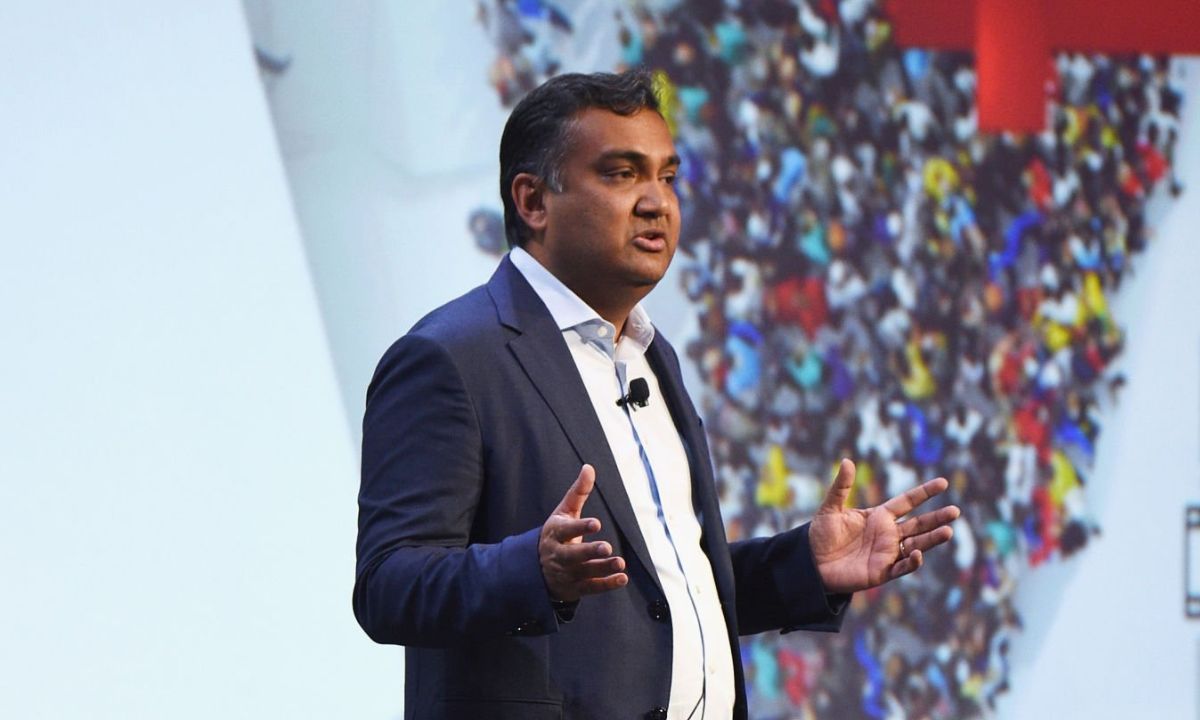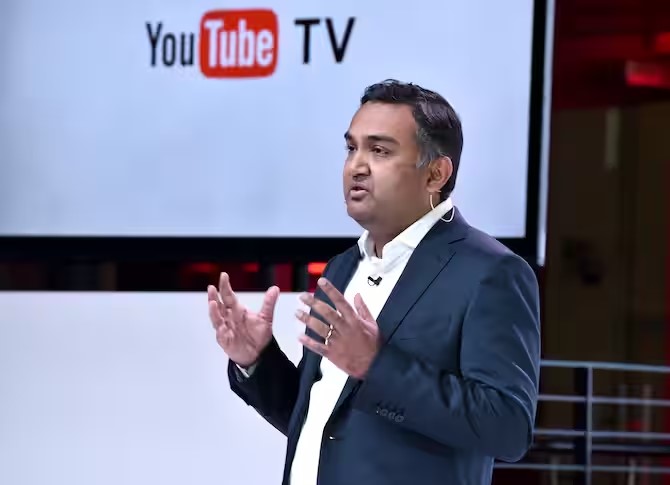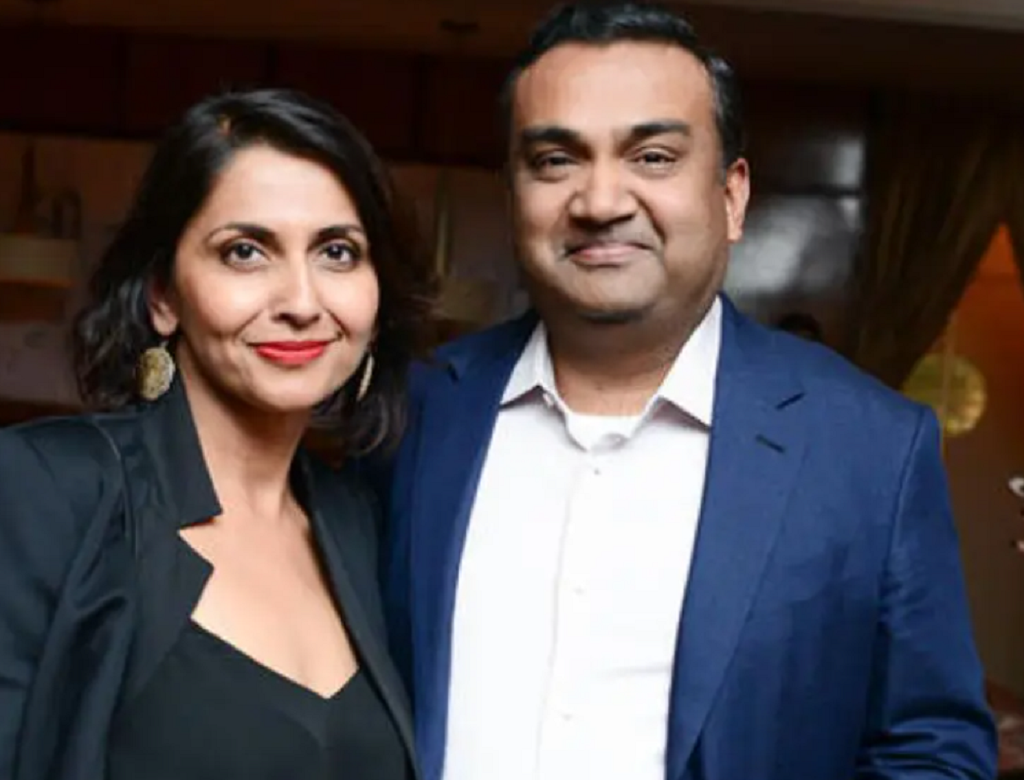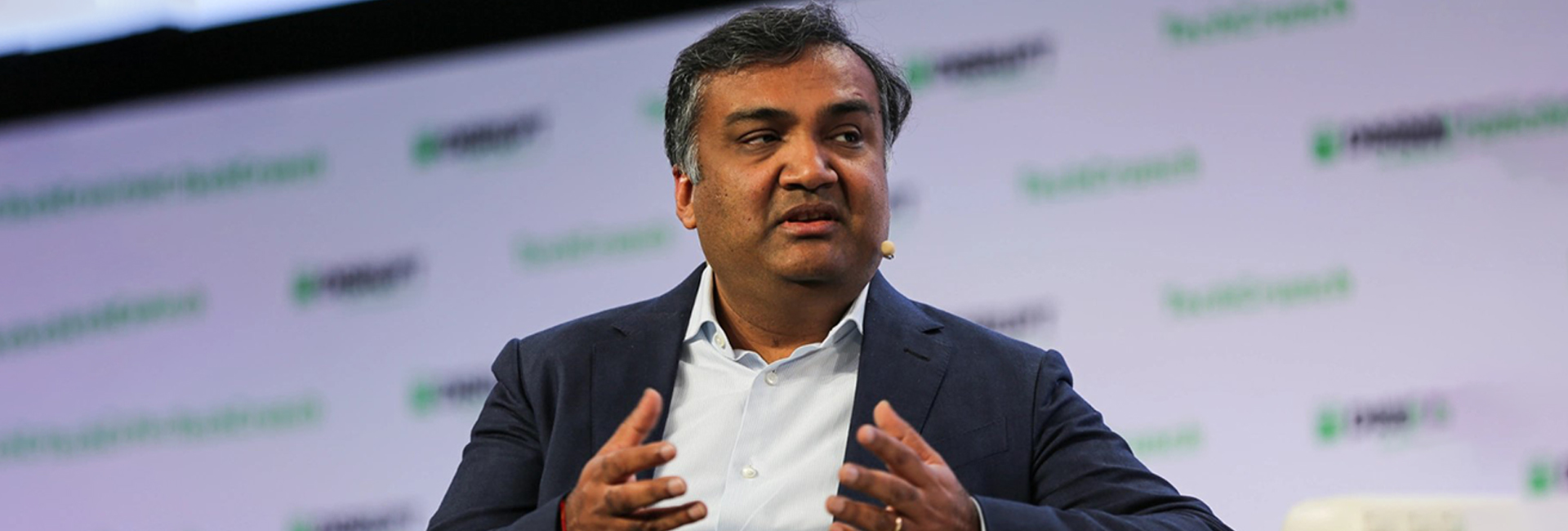February 18, 2023) In 2011, Twitter was in turmoil. They needed someone to revamp the product and bring in advertisers – a chief product officer, essentially. Board member David Rosenblatt had just the man in mind: Neal Mohan. So, in 2013, Twitter made him an offer and it seemed like things were going according to plan. Then Neal said no. Google had written him a big, fat cheque – $100 million in stock options, to be exact. Neal Mohan, the man described by Richard Frankel, his former boss, as a “high-end customer support representative,” was now Silicon Valley’s most valuable asset. And clearly, he has lived up to expectations. On February 17, when Susan Wojcicki announced that she was stepping down, Indian-American Neal Mohan was appointed as YouTube’s new CEO. The Global Indian joins the growing list of Indian-Americans at the helm of US’ big tech corporations.
Thank you, @SusanWojcicki. It’s been amazing to work with you over the years. You’ve built YouTube into an extraordinary home for creators and viewers. I’m excited to continue this awesome and important mission. Looking forward to what lies ahead… https://t.co/Rg5jXv1NGb
— Neal Mohan (@nealmohan) February 16, 2023
Life as YouTube’s Chief Product Officer
He’s more than earned his stripes. Ever since he took over as YouTube’s Chief Product Officer in 2015, Neal has played a pivotal role in some of the company’s top products. He is the driving force behind YouTube TV, YouTube Shorts, YouTube Premium (formerly Red), and YouTube Music.
“In a most fundamental way, my job is twofold. I’m responsible for all our products – the YouTube experience on mobile phones, desktops, laptops and large living room screens – everything that viewers use to connect with their favourite creators,” he told Lew Later last year. Then, there “things that creators use – this includes YouTubers, musicians, artists and traditional media companies.” Finally, there he is responsible for “trust and safety, community guidelines – the rules of the road, so to speak.” Simply put, it comes down to “helping my teams make the best deicisions on behalf of that ecosystem. It includes our viewers, users, creators and advertisors.”
Early life
Mohan was born in India in 1975 and moved to the US a few years later. “I had always been interested in technology, even before college,” he said, in a 2022 interview with Greylock. “I always knew that working would computers would be my career path.” His ambition took him to Stanford University, where he studied Electrical Engineering “and a lot of CS classes, basically.”

Neal Mohan (Photo: CNET)
He graduated from Stanford and entered the workforce at what he describes as a “pivotal moment.” This was the start of the golden age in Silicon Valley – “the dawn of the internet, really. Netscape had just come out with its browsers and was a Silicon Valley startup. There were lots of companies excited about making the transition.” It was a fortunate turn of events for him. “When you’re able to start your career at the inflexsion of a big technology change, there are lots of interesting opportunities.
Mohan began his career as a ‘management consultant, working with tech businesses and finding ways to bring this new technology, the ‘internet’ to Fortune 500 companies. He realised, “very quickly,” that he wanted to be part of these startups himself. He did a short stint at Andersen Consulting (Accenture) and in 1997, So, he joined Net Gravity, kickstarting his career in the technology business. That company was acquired by advertising startup DoubleClick later that year. It’s where he met David Rosenblatt. He played a pivotal role in Google’s $3.1 billion acquisition of the company.
DoubleClick Inc.
This was the great revolution in democratising information. “It’s about fundamentally powering the creation of and consumption of all this information,” regardless of whether the user was on a low-speed dial-up in some corner of the world, or a high-speed connection in Silicon Valley. “You have access to the same technology,” he said.
That’s where DoubleClick Inc. came in – if information was to be provided to everyone with access to an internet connection, preferably for free, it needed a sustainable revenue model. The internet was a medium too, just like print or TV – and those ran on ads. DoubleClick was at the forefront of developing and providing Internet ad services, through technology products and services that were sold to ad agencies and the mass media. They went on to work with businesses like Microsoft, General Motors, Coca-Cola, Apple Inc, Nike and L’Oreal.

The Google acquisition
In 2003, he quit DoubleClick to return to Stanford University for an MBA. The company was having solvency troubles at the time. In 2003, he quit DoubleClick to return to Stanford University for an MBA. The company was having solvency troubles at the time and in 2004, David Rosenblatt was brought in as CEO. He asked Mohan to rejoin as soon as he was done with his MBA. The company was acquired by Google for $3.1 billion in 2007, with Mohan being a key driver of the deal. He joined Google a year later, in 2008.
Life at Alphabet Inc.
Having always worked at the intersection of media and technology, developing a roadmap for advertising models in the digital age, Mohan became invaluable to Google very quickly. Between 2008 and 2015, he served as a Senior VP of Display and Video Advertising.
He was pivotal to developing the company’s ad products and helping to grow YouTube revenue. Mohan became a well-known name in Silicon Valley and when Twitter needed a new man to revamp their product, which was falling apart, they turned to the internet ads savant. Mohan has played an important role in some of Google’s most important ad products, including AdWords, DoubleClick and Google Analytics. He was also responsible for the automation of buying and selling digital ad inventory.”
Transforming YouTube
In 2015, Mohan joined Alphabet Inc subsidiary YouTube as its Chief Product officer. He has been responsible for the livestreaming service YouTube TV, YouTube Music, YouTube Premium and YouTube Shorts.
Under him, YouTube’s creator economy boomed. In 2022, Indian YouTubers were contributing around Rs 6,800 crores annually to the country’s GDP. “The creator economy in India is truly flourishing,” Mohan remarked. The monetisation model changed the content creation site – as of 2019, there were two billion users on YouTube, watching 1 billion hours of videos every day. YouTube ad revenues were around $19.77 billion in 2020.
With Susan Wojcicki announcing her resignation to focus on her health and personal life, Mohan will take over as YouTube’s fourth CEO.
Life at home

Neal Mohan and his wife, Heema Sareem Mohan
Mohan is married to Heema Sareem Mohan, who is a spokesperson for Democratic State Senator Joe Simitian. She specialises in reforming the juvenile justice system and education policies and does extensive non-profit work. Born and raised in New York, she mvoed to Silicon Valley to be with her husband.
The couple resides in the Bay Area, in one of San Francisco’s most upscale localities, with their three kids.

